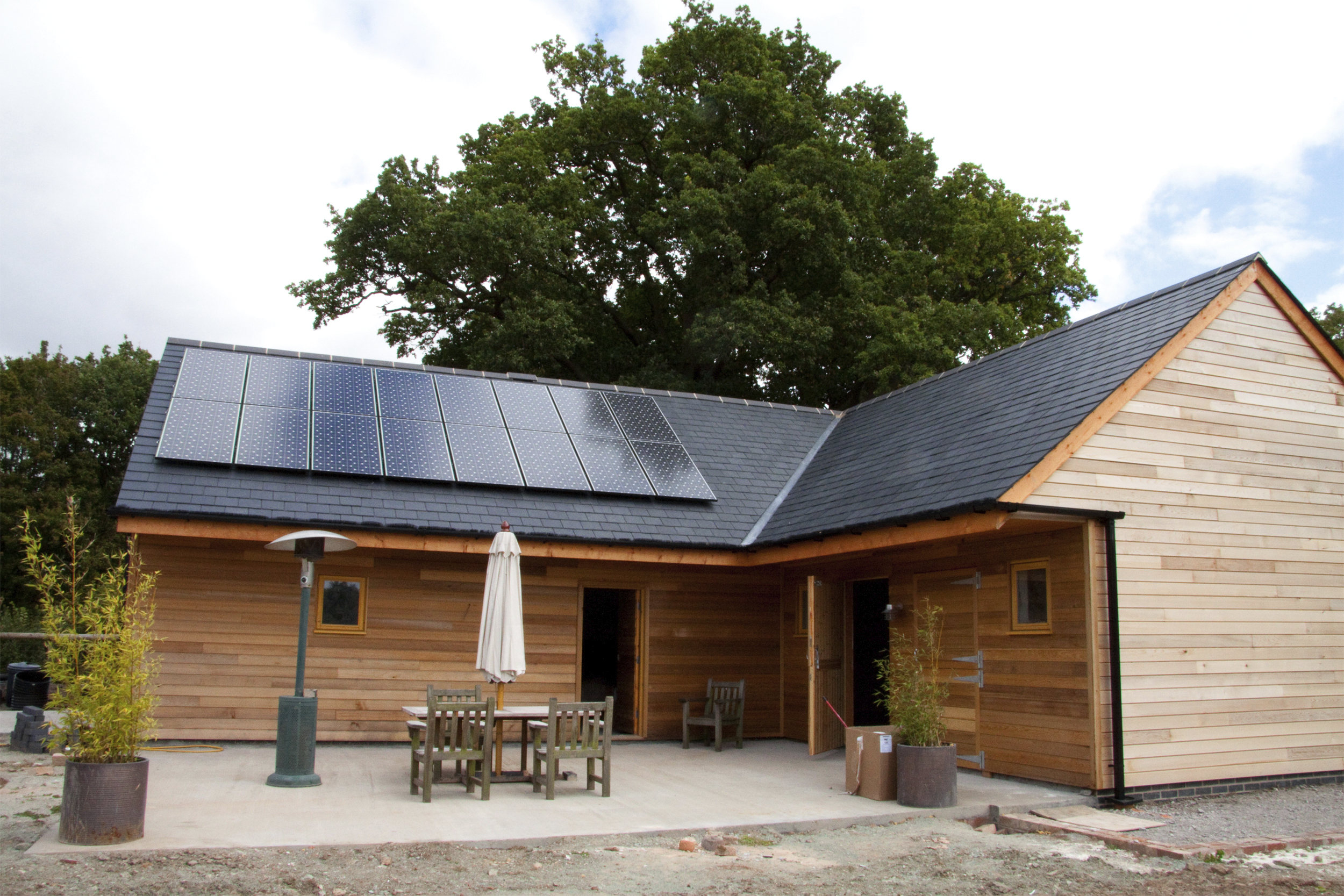Solar energy has been receiving plenty of attention in many countries lately, especially due to the increasingly hot climates and the soaring electricity bills. With more and more people being tempted to have solar panels installed, governments tried to give a further push to have them make this green decision by issuing solar subsidies and other incentives. However lately solar subsidies seem to be under scrutiny. In fact the government has recently announced plans to dismiss subsidies for smaller solar power farms. This news comes just a month after the announcement that aid for new onshore wind projects was going to be stopped.
The Department of Energy and Climate Change (DECC) is getting plenty of disconcerted green activists campaigning against these measures. According to spokesmen from the DECC the scrapping of the renewables obligation scheme for smaller projects was going to help bringing down the cost of solar subsidies to bills. These are currently running at around £3 per household. The DECC is going to carry out consultations on these matter of closing support for the new solar farms that were less than 25 acres in size by the end of April 2016.
Other measures are also under discussion at the moment. One of the main ones is the removal of the guaranteed level of subsidy for biomass conversions. There has been a lot of criticism on these pieces of news especially since they are thought to affect negatively the investment in clean energy, as well as jobs in this field.
However the DECC still claims that reducing energy bills for British families and businesses while trying to meet climate goals in an effective way still remain two main priorities for the Government. The measures that are being discussed at the moment are merely intended to provide better control on overspending and to ensure that bill payers manage to get the best possible deals on MV Cable. Through it all the aim is still to move to a low-carbon economy.
The Energy and Climate Change Secretary Amber Rudd also stated that the support that was being given had managed to bring down the costs of renewable energy. Since costs continued to fall, it became increasingly simpler for the renewables industry to proceed without relying on subsidies.
Counteracting this statement, Green Party MP Caroline Lucas said that these proposals were very short-sighted and they will greatly undermine investment in the generation of clean and renewable energy. It will also end up impacting Britain’s climate change targets significantly.
Leonie Green, the Head of external affairs for Industry Body, said that the proposals were counterproductive. Various cost-effective ways of generating solar power were going to be significantly undermined and there was also bound to be a blow on investors’ confidence as well.
This move is being coupled up with the plans to scrap subsidies for new onshore wind farms. Green energy activists are claiming that such a move was going to raise household bills since wind power was the most cost-effective form of renewable energy. These two pieces of news are certainly raising a lot of questions and we will wait and see what the repercussions will be once they are put into place.



 Bitcoin
Bitcoin  Ethereum
Ethereum  XRP
XRP  Tether
Tether  Solana
Solana  USDC
USDC  TRON
TRON  Lido Staked Ether
Lido Staked Ether  Cardano
Cardano  Avalanche
Avalanche  Toncoin
Toncoin